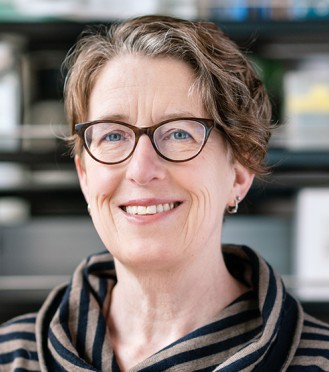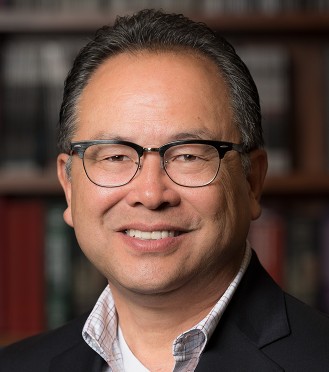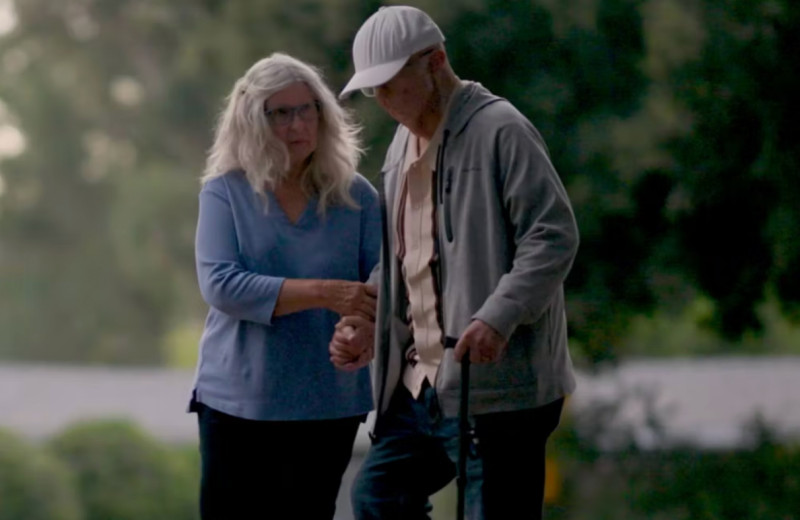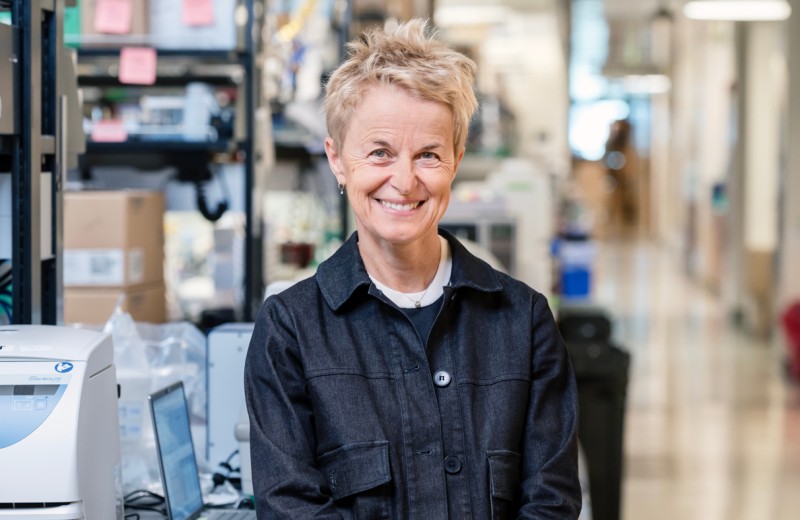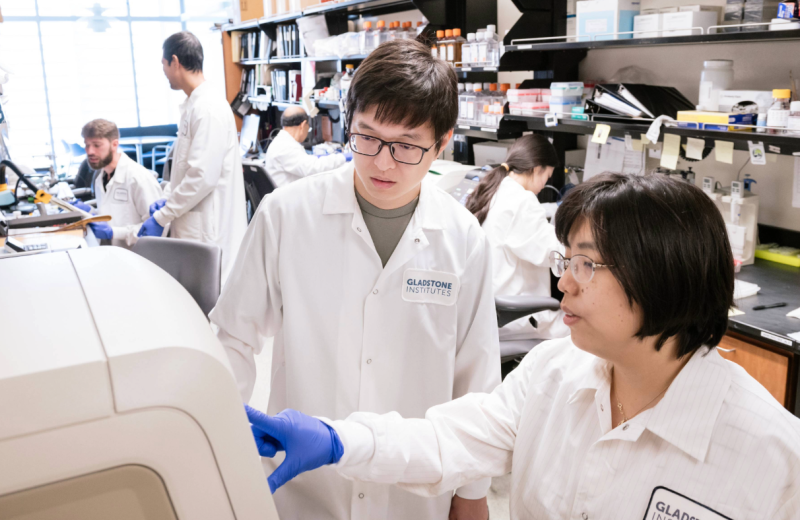Gladstone NOW: The Campaign Join Us on the Journey✕
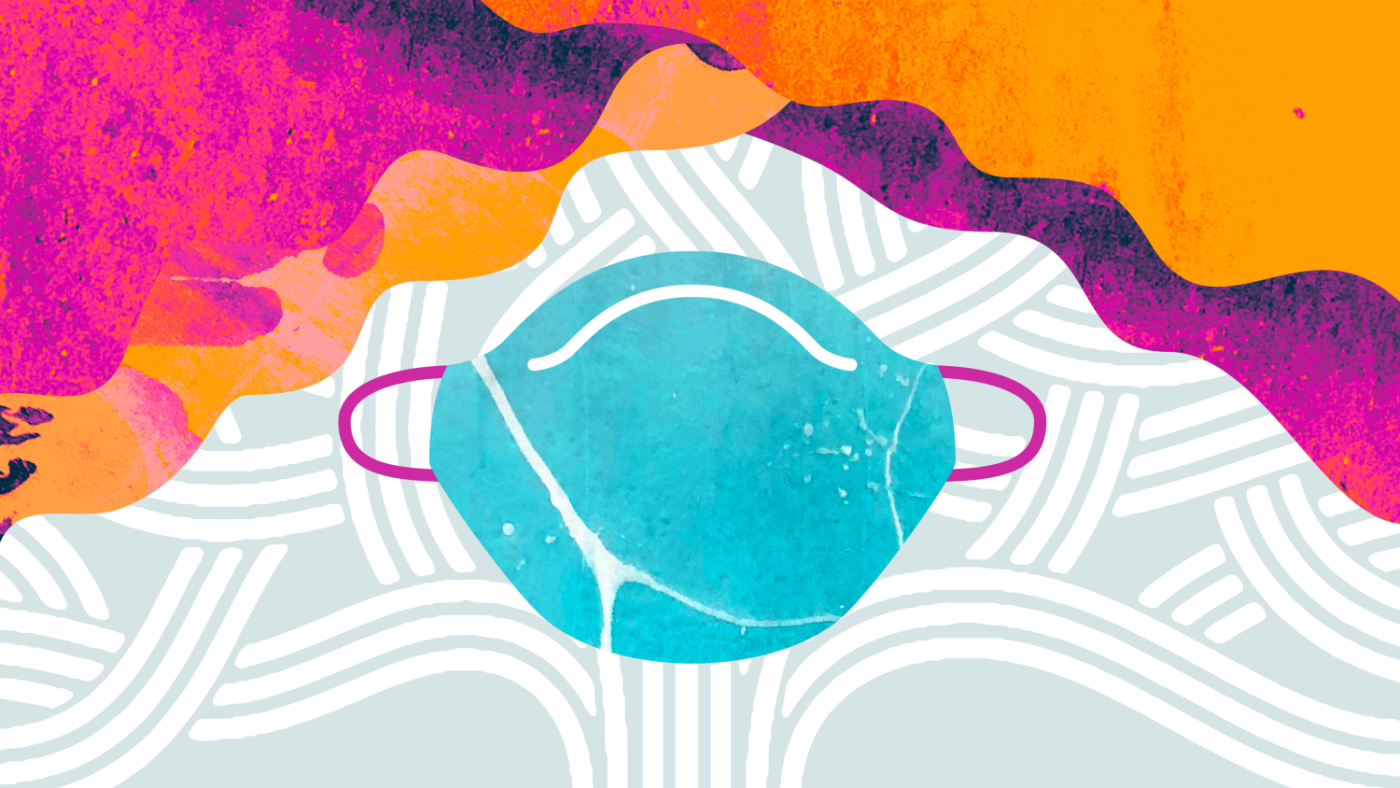
As the result of an anti-racism meeting that explored the disproportionate impact of wildfires on vulnerable communities, a group at Gladstone helped donate nearly 1,000 masks for evacuees of Sierra Nevada fires.
In recent years, record-breaking wildfires have exposed West Coast communities to large amounts of smoke containing small particles that are toxic when inhaled. N95 and KN95 face masks block most of the harmful particles in wildfire smoke, so that wearers can breathe easier. However, many members of disadvantaged communities face systemic obstacles in accessing these types of masks.
A group of researchers at Gladstone Institutes has facilitated the donation of 400 N95 and 500 KN95 masks to vulnerable communities affected by wildfires. Most of the masks went to unhoused people and evacuees of the Caldor Fire, which impacted communities in the Placerville-Tahoe-Reno region of California and Nevada.
“We were told many recipients of the masks were living in temporary shelter spaces but were still experiencing dangerous smoke levels,” says Alex Pico, PhD, director of the Bioinformatics Core at Gladstone. “They were not in a position to easily buy masks themselves.”
Pico helped facilitate the donation as a participant in monthly anti-racism meetings at Gladstone organized by members of the Bioinformatics Core and by members of the research team led by Katie Pollard, PhD, director of the Gladstone Institute of Data Science and Biotechnology. At these meetings, which began in 2020, participants discuss a broad range of topics to raise awareness about systemic racism in academia and in the US more broadly, and they brainstorm opportunities to volunteer and donate to relevant causes.
At the time of their meeting in August 2021, unprecedented conditions were fueling fires in Northern California, and thousands of residents were evacuated due to the Caldor Fire burning in the Sierra Nevada mountains.
The meeting chair, Kathleen Keough, PhD, then a postdoc in the Pollard Lab, chose to focus the topic on environmental racism, which is the disproportionate disadvantages faced by marginalized groups when it comes to environmental hazards. Research has shown, for instance, that wildfires disproportionately affect poorer households and people of color, who are often more physically exposed, less likely to have insurance, and may struggle to rebuild. In addition, a report by Resources for the Future shows that federal agencies are more likely to help reduce the risk of future fires in communities with high socioeconomic status.
The meeting’s discussion turned to the hazards of wildfire smoke and how difficult it can be for individuals from marginalized communities to access adequate masks—especially in the context of mask shortages due to high demand during the COVID-19 pandemic. Keough and some other members of her lab identified an organization called Mask Oakland, an initiative focused on distributing N95 masks to vulnerable community members, as a potential avenue for equitable mask distribution.
“I reached out to our chief operating officer, Bob Obana, to ask if Gladstone had a surplus of masks we could donate,” recalls Pico. “A few days later, our facilities team identified 900 masks that could be made available for this cause.”
When Pico contacted Mask Oakland, they advised him to send the masks to its partner organization Help Sierra Breathe, in order to meet the urgent need for N95 or KN95 masks posed by the Caldor Fire. This coalition of community and mutual aid groups spanning the Sierra Nevada region gets masks to people who can’t escape toxic wildfire smoke.
“The masks from Gladstone significantly increased our supplies and had a direct impact on the people who most needed masks, but might not have otherwise been able to access them,” says Mask Oakland’s Founding Organizer Quinn Redwoods, who also helped establish Help Sierra Breathe.
This donation is just one of several contributions that have stemmed from the monthly anti-racism meetings at Gladstone. Past actions have included a Wikipedia edit event focused on adding and updating records relevant to Black history, and volunteering at the organization Black Girls CODE.
Pico and Pollard encourage other scientists to undertake similar actions, including establishing their own anti-racism meetings. Pico emphasizes the importance of small meetings that help people feel comfortable and accountable, within a larger institution that applies its financial and infrastructural strengths to support diversity, equity, and inclusion efforts, both internally and externally.
“I’ve been at Gladstone for 17 years now, and it has always felt like a place where you could express more than just your work passions,” Pico said. “I’m grateful that it’s so easy to find generous colleagues at Gladstone to participate in our organization’s contributions to our community and to our society.”
Thanks to all Gladstonians who were involved in this project, including Daniel Banh, Miriam Goldman, Vince McGovern, and Zainab Yusuf Sada.
Featured Experts
Want to Join the Team?
Our people are our most important asset. We offer a wide array of career opportunities both in our administrative offices and in our labs.
Explore CareersOne Person’s Final Gift to Science Gets Us Closer to an HIV Cure
One Person’s Final Gift to Science Gets Us Closer to an HIV Cure
A new documentary follows Jim Dunn’s end-of-life decision to donate his tissues to HIV research.
Institutional News HIV/AIDS Infectious Disease Roan LabBeyond Viruses: Expanding the Fight Against Infectious Diseases
Beyond Viruses: Expanding the Fight Against Infectious Diseases
The newly renamed Gladstone Infectious Disease Institute broadens its mission to address global health threats ranging from antibiotic resistance to infections that cause chronic diseases.
Institutional News News Release Cancer COVID-19 Hepatitis C HIV/AIDS Zika Virus Infectious DiseaseFueling Discovery at the Frontiers of Neuroscience: The NOMIS-Gladstone Fellowship Program
Fueling Discovery at the Frontiers of Neuroscience: The NOMIS-Gladstone Fellowship Program
The NOMIS-Gladstone Fellowship Program empowers early-career scientists to push the boundaries of neuroscience and unlock the brain’s deepest mysteries.
Institutional News Neurological Disease Mucke Lab NOMIS

